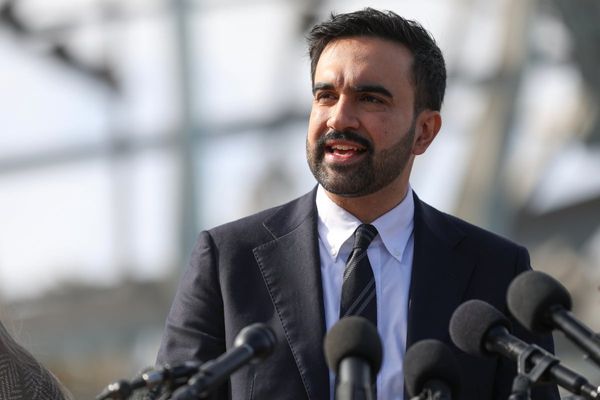The Supreme Court continues to be met with bail conditions, which range from unreasonable to oddball, imposed by High Courts, prompting the question whether personal liberty hinges on the whims of individual judges.
Recently, the apex court stayed an Allahabad High Court order which insisted that Samajwadi Party leader Azam Khan would be granted regular bail in a land grabbing case only if he fully cooperated with the measuring, walking and barb-wiring of the disputed property by local revenue authorities.
Also read | Judges must give reasons for granting or refusing bail: Supreme Court
The apex court said the condition “exceeded settled parameters” of bail conditions. The condition, the court noted, was “disproportionate and has no reasonable link with the conditions which are required to be imposed to secure the presence of the accused to ensure that the fairness of trial is not impeded”.
Mr. Khan’s case was preceded by a shocking order from the Madhya Pradesh High Court last year which allowed bail to a suspected molester provided he visited his victim at her home and “allowed” her to tie a rakhi on him.
Setting aside the order in a scathing judgment, the apex court said “using rakhi tying as a condition for bail transforms a molester into a brother by a judicial mandate”.
The apex court said the law of bail does not countenance a scenario where a victim can potentially be traumatised many times over and be led to accept or condone a serious offence. The court proscribed judges from granting bail to suspected sexual offenders on the condition that they perform “community service” or apologise to their victims.
Bar on social media use
In another case in 2020, the Allahabad High Court had granted bail to an accused in the condition that he does not use social media till the conclusion of his sedition trial.
These curious cases present themselves once in a while before the top court. In 2009, the apex court had expressed its intent to go into the larger question of trial courts and high courts imposing “irrelevant” bail conditions.
The case in question at the point of time was that of two persons who were ordered by the Madras High Court to perform “community service” at an orphanage for three hours every day for a week. The apex court had set aside the condition.
But even the top court did not interfere with another condition imposed on the duo by the high court — to hoist the National Flag in front of their houses every day for a week.
Usually, for grant of bail, a court has to examine whether there is a reasonable ground to believe the accused committed the offence; nature and gravity of the charge; severity of the punishment on conviction; danger of the accused absconding or fleeing; influence of the accused and if it would be used to tamper with evidence, witnesses; likelihood of the offence being repeated, etc.
The Supreme Court has held that courts should maintain a balance between the personal liberty of the accused and investigational right of the police while examining the question of bail and imposing conditions.







